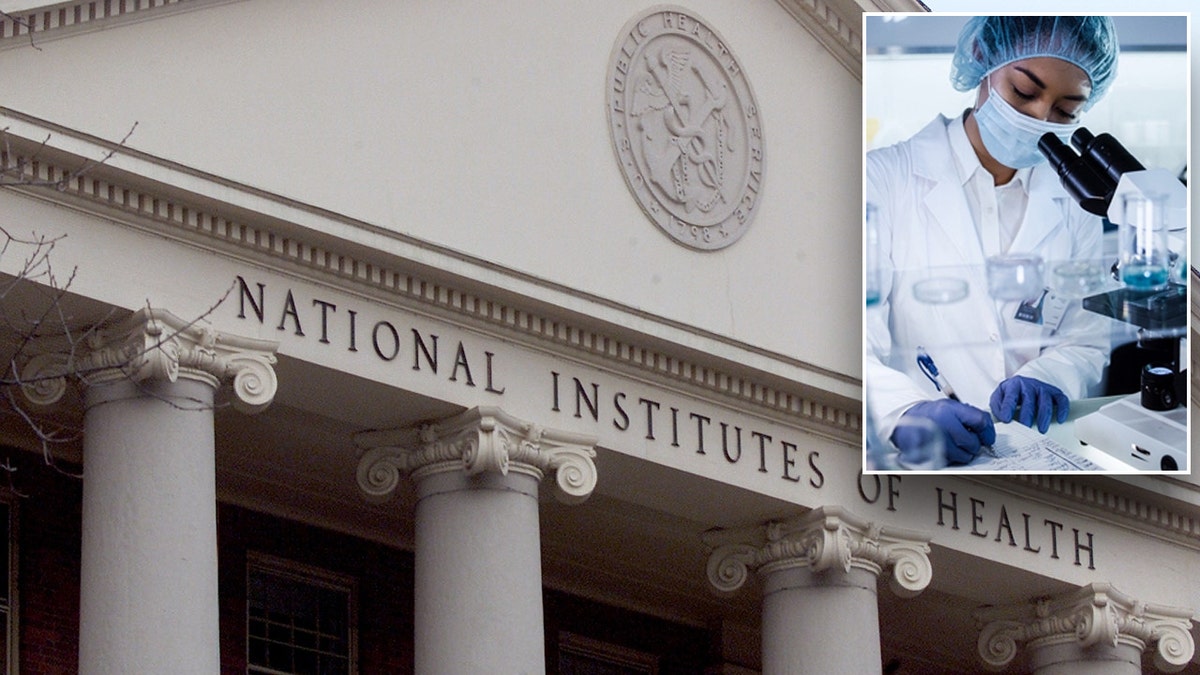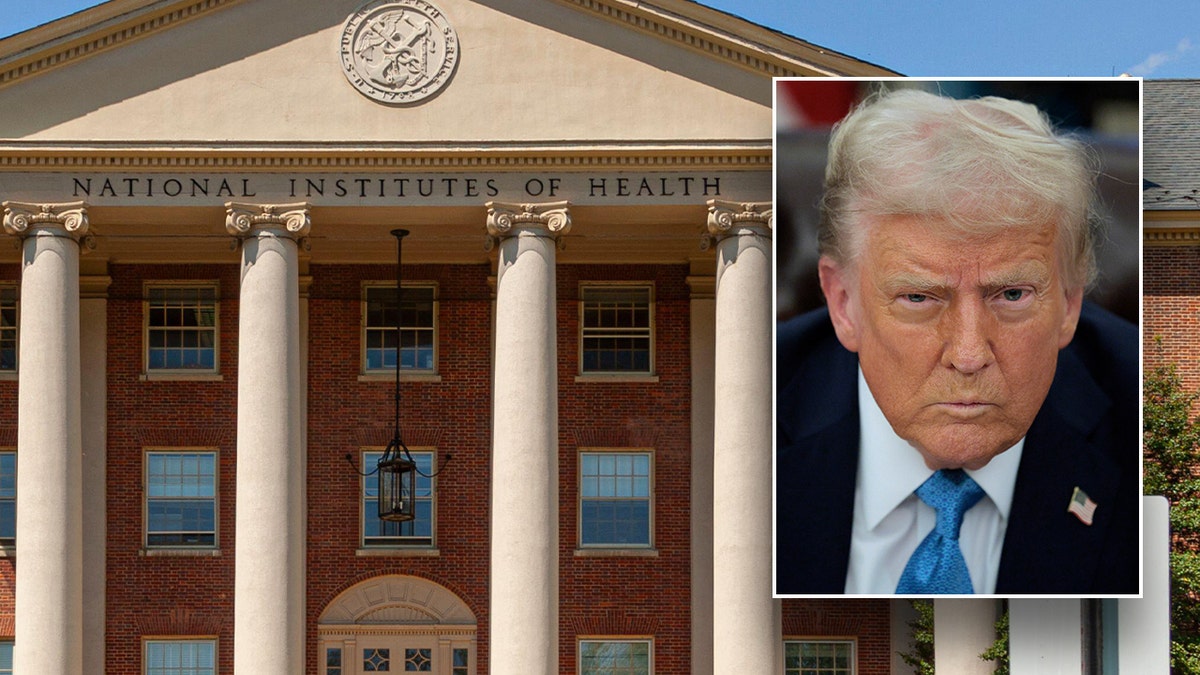A federal judge has temporarily blocked a Trump administration directive that placed a 15% limit on overhead expenses for federally funded research projects at universities and other institutions. The directive, which took effect earlier this week, drew immediate criticism and legal challenges from research organizations and 22 Democratic state attorneys general who argued it would severely impact research capabilities.
Judge Angel Kelley granted a temporary restraining order, preventing agencies from enforcing the new rule. The attorneys general argued the directive violated established federal procedures for implementing new regulations and contradicted a 2018 Congressional law prohibiting unilateral changes to negotiated indirect cost rates for research grants.

The now-halted rule aimed to cap the percentage of grant funding allocated for indirect costs, such as building maintenance, equipment depreciation, and administrative expenses. These costs are typically added to the research funding provided directly to scientists. Historically, this overhead rate has averaged between 27% and 28%, but could be significantly higher in some cases, with negotiated rates reaching as high as 56% at institutions like the University of Michigan.

The Trump administration stated that the NIH spent approximately $9 billion on indirect costs in fiscal year 2023, out of a total of $35 billion allocated across roughly 50,000 grants to various research institutions. They argued that redirecting these funds would free up more resources for actual scientific research. However, critics countered that these overhead costs are essential for maintaining the infrastructure and administrative support that enables research to take place.
Judge Kelley's order requires the affected agencies to report on their compliance within 24 hours and has scheduled a hearing for February 21st. The White House maintained that the move would ultimately benefit scientific research by reducing administrative bloat. This legal challenge comes amidst other recent disputes over federal funding, including a separate case where a judge ordered the administration to reinstate previously frozen funds.

Comments(0)
Top Comments